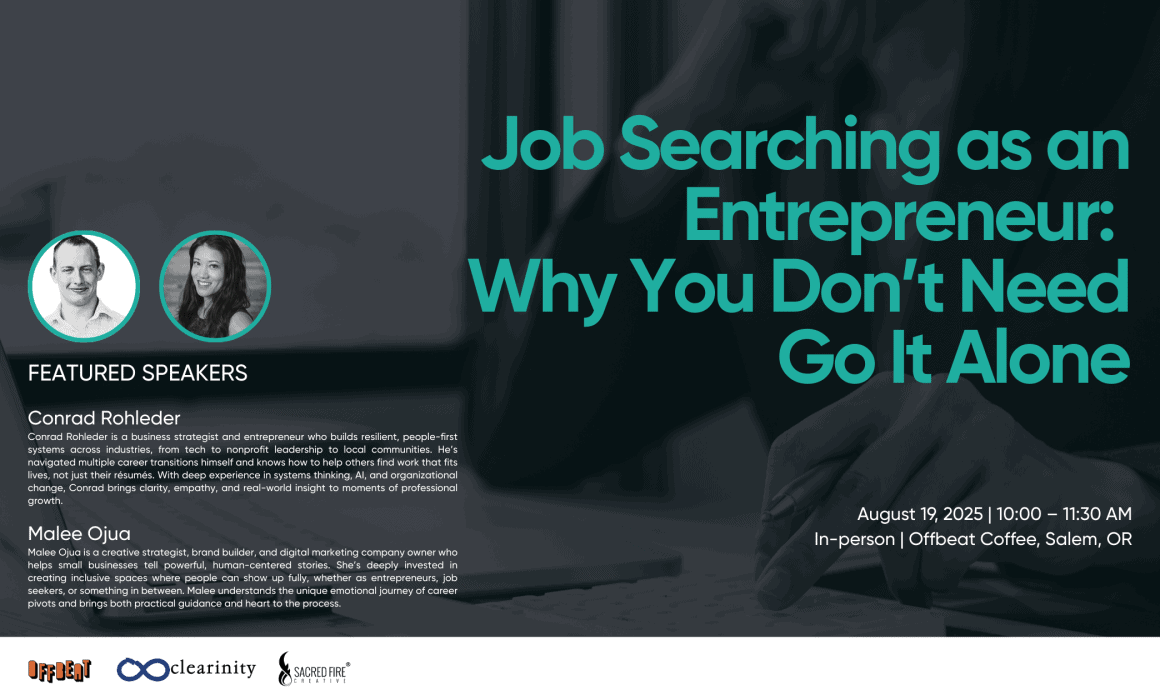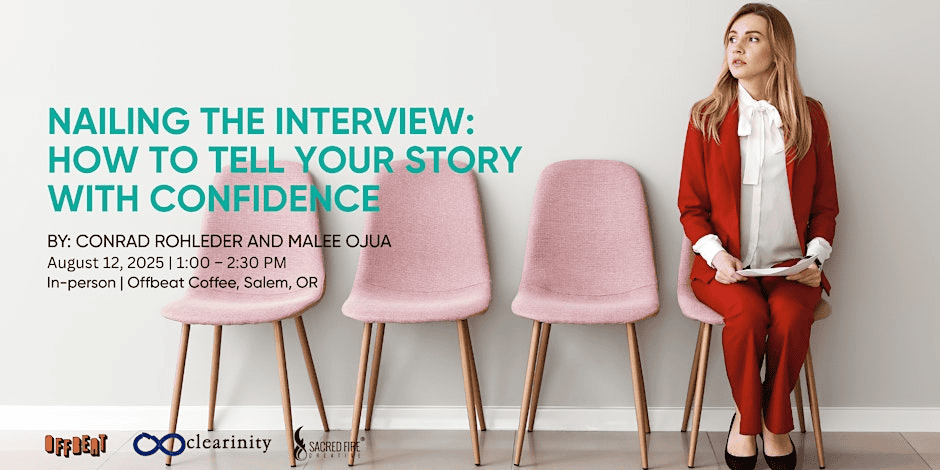The Power We’ve Forgotten: Why Food Sovereignty Begins in Our Own Kitchens
What if the most powerful tool we have for stronger communities is sitting right in our kitchens and we’ve overlooked it?
That question is what pushed me toward the Master Food Preserver Program through Oregon State University Extension. I wanted to understand what really drives resilience in a food system, and why some communities can bounce back faster during crises while others struggle.
The deeper I go, the more I see that food sovereignty sits at the center of it all.
Food sovereignty matters because it shifts power back to the people who eat the food, grow the food, and rely on the land. It’s about communities having real control over how their food is produced, who benefits, and whether the system supports long-term wellbeing instead of extraction.
Here’s what I’m learning — and why I think more of us should be paying attention.
1. It protects community resilience
When food systems depend on long supply chains, corporate consolidation, and distant decision-makers, communities get hit hardest during disruptions. Local control means people can adapt, stay fed, and stay steady no matter what’s happening globally.
2. It supports cultural survival
Food traditions carry identity, memory, and belonging. When communities maintain control over seeds, land access, and agricultural practices, they safeguard cultural knowledge that would otherwise disappear.
3. It keeps wealth circulating locally
Local growers and producers retain more of the value instead of watching profits flow to outside corporations. This matters for rural towns and historically marginalized communities trying to build long-term economic stability.
4. It strengthens public health
Food sovereignty prioritizes nutrient-dense, culturally relevant food over ultra-processed products. That shows up directly in health outcomes and quality of life.
5. It protects land, water, and future generations
Communities that depend on local land tend to take better care of it. Food sovereignty encourages regenerative practices, biodiversity, seed saving, and stewardship instead of short-term depletion.
6. It addresses equity and power
Many communities — especially Indigenous, immigrant, and low-income groups — have been pushed out of land ownership and food decision-making. Food sovereignty is part of restoring balance and agency.
7. It creates space for local entrepreneurship
When small farms, food producers, and makers aren’t squeezed out by industrial agriculture, they innovate. They create micro-businesses, jobs, and regional economic strength.
How food preservation fits in
Canning, freezing, dehydrating, fermenting — these aren’t just kitchen skills. They are community stabilizers. They help families stretch budgets, reduce waste, store seasonal abundance, and stay connected to the land and growers around them.
That’s why I’m studying with the Master Food Preserver Program and why I’ll be volunteering with Oregon State University Extension this summer. I want to understand how these skills support community wellbeing — and help more people access them.
If you’re curious about food sovereignty, local food systems, or food preservation, come learn with me. I’ll be sharing what I discover throughout the season. Let’s explore how much stronger our communities can be when we reclaim the knowledge that keeps us nourished.



















